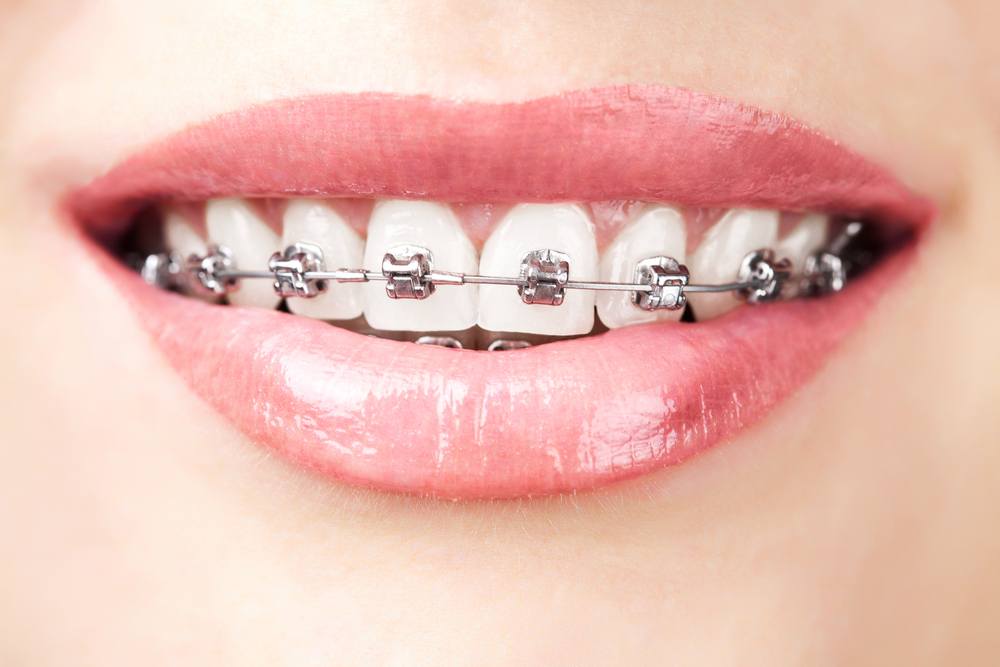Adult Braces

When most people think about getting braces, they think about adolescent children and teens. Rarely do people picture adults. However, there are few big differences in the process of braces between adults and teens. If you are one of the many adults looking into getting a set of braces to correct your teeth, here are some tips on information on how the process works.
If you are looking at getting braces as an adult, it is important to make sure that your mouth is in good condition. Once you know when your orthodontist appointment is, it would be a good idea to get your teeth professionally cleaned first. That way your mouth has a fresh start before some foreign equipment is installed on your teeth. Consult with your dentist and dental hygienist about what you can do to prepare your mouth and gums for the braces.
On the day that your braces are scheduled to be put on, allow yourself some time to thoroughly floss before going to the appointment. The process of getting braces on can dry out your mouth and lips, so bring some chap stick with you to help with dry or cracked skin. Once the brackets and metal wires are in your mouth, notify your orthodontist if there is any major discomfort. One of the most common issues with getting braces has to deal with the wire poking you in the cheek inside your mouth. This issue can be easily corrected, and you should notify your doctor right away to prevent further damage.
After the braces are put on your teeth, you will immediately feel a strong sense of pressure all over your mouth. While this is completely normal, it can be quite uncomfortable. There are certain things that you can do at home to help your mouth feel better for the first week of braces including eating soft foods, drinking lots of liquids and avoiding hard or sticky edibles. Within a few days everything should feel better, but you will have continuously care for your braces and continue to avoid those hard and sticky foods. Some good meal suggestions for living with braces includes yogurt, soft chicken, cheese, fried or scrambled eggs and pancakes. Do not attempt to floss your teeth for at least a week because it will likely cause pain.
Having braces can be a chore, but it will be worth it in the end. Plan on packing a small toothbrush travel bag with you so that you can brush your teeth on the go. Eating can be a much bigger task than it used to be, and food is likely to get trapped between the brackets and the wire. This is why it is important to brush your teeth after every meal. It can also be useful to carry around some mouthwash to assist those food particles leaving your mouth and prevent a lasting food aftertaste as well. You can use your regular toothbrush on your braces, but many people opt to get and electric toothbrush because it has slightly stronger power. In addition to that, your orthodontist will be able to give you a few simple tools to make life with braces a little easier. A scrub brush that can fit between the wires is good to use for those hard to reach spots that a regular toothbrush might miss, and keeping some braces wax is helpful to put on the ends if the wires begin to stick out before your next appointment.
Written by Dr. Darren Wittenberger, the best orthodontist Columbia MO has to offer, and owner of his own practice, Advance Orthodontics. Dr. Wittenberger enjoys sharing his expertise to ensure people can maintain the healthiest, straightest teeth possible!
